Chesterfield police officer discusses mental health, gun violence
Rizzuti speaks to AP Language students in the library
For the past three months, English teacher Scott Monroe has led his Advanced Placement English Language and Composition (AP Language) classes through a class discussion of gun violence within the American school system. To further the discussion, Monroe invited Chesterfield County detective Chris Rizzuti to the school on Jan. 26 to inform the students about gun violence through the eyes of a first responder.
Rizzuti’s visit consisted of a Ted Talk-like conference where he shared his personal reaction to major events such as the Columbine shooting and 9/11, gun safety and mental health awareness. Towards the end, students were able to ask the guest speaker any question they had regarding gun violence.
Monroe provided his AP Language students with the option to read either “Columbine” or “Parkland: Birth of a Movement.” Each week, students are assigned a set number of pages to read followed by one assignment broken into two sections. Monroe’s intention with this unit was to provide the students with a nonfiction book that contains societal implications.
“Part of the things that I wanted to study this year are things that affect society and lots of people and gun violence is definitely one thing that does affect a lot of people,” Monroe said.
Monroe invited Rizzuti so that the students could hear from and ask questions with someone in law enforcement, as well as providing the students with a different perspective on the issues they are currently reading about. Chris Rizzuti has been a Chesterfield police officer for 16 years and counting.
Born and raised in a household that was heavily influenced by the Beatles, Rizzuti thought he was going to be the next generation of the Beatles. Up until fifth grade, when his family relocated to Midlothian, Virginia, playing the saxophone was all he did. Before he knew it, in middle school he made it to all-counties, all-states, all-flex and more.
“Music was what I wanted to do. I was going to become a music teacher like my band teacher in school,” Rizzuti said.
When he was in eighth grade, April 20, 1999, the Columbine school massacre took place. According to Rizzuti, school shootings are referred to as massacres in law enforcement.
“We don’t call them school shootings in the law enforcement,” Rizzuti said. “Why? Because those are innocent people, unarmed people being faced with insurmountable odds.”
To this day, Rizzuti is able to describe in great detail everything he did on April 20, 1999. Only two and a half years later, 9/11 occurred. For those two weeks during and following the incident, all he did in school was watch the news. Coming from a family with a history of police work, at the age of 16, Rizzuti put his music dreams on hold and decided he needed to go into law enforcement.
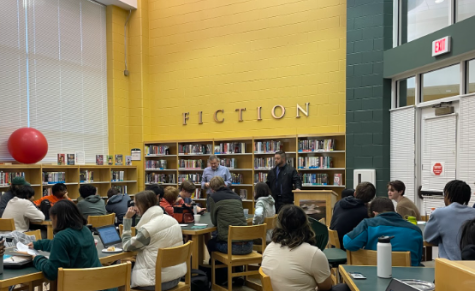
Rizzuti believes school shootings, and shootings in general, are an act of terrorism, he very directly and genuinely said yes with nothing more. Due to the repeated incidents of gun violence in schools, many students are finding schools to no longer feel like the safe haven they are meant to be.
Within his visit, Rizzuti explains how he was able to move forward with feeling completely safe in school again after the Columbine school shooting and 9/11.
“Yes, I found schools to be a safe haven before the Columbine innocent,” Rizzuti said. “I was nervous afterwards for a bit, but you have to understand that with my generation we had Columbine and then like two years later you had 9/11. The school and our parents did a good job making us feel safe.”
While families urgently look for a cause to the acts of gun violence within school, parents are starting to believe that video games are contributing to gun violence among teens.
While video games may or may not be a leading factor to gun violence, Rizzuti believes that it desensitizes users to the dangers guns are capable of. However, he considers mental health to be a more prominent contributing factor.
“I think [it does] desensitize people to that,” Rizzuti said. “I do think we as a country do need to take metal health issues a lot more seriously than we do. My opinion is that if you do have a mental health problem it is no different from being sick, and there is no problem with getting that illness taken care of.”
Rizzuti truly believes that if there was less of a stigmatism towards mental health, and if it was taken more seriously, more people would want to get help. He believes the best way to solve the problem around gun violence, and even gun control, is for the common people to be reminded of the importance of human life. At the age of 18, young adults are handed over a lot of responsibilities, such as joining the military, voting, going to college and the option to purchase a firearm.
Rizzuti is very adamant that this generation knows that if they choose to purchase a gun at 18, then they are aware of the dangers that come along with it, as well as the importance of gun safety and mental health.
“If you are struggling you are not alone and there is help,” Rizzuti said. “I think I speak for every adult in the building and everyone I know that if you need help and if you need that support it is here for you.”

Vanessa Wigfall is a senior attending Clover Hill High School. Her love for film and interest in global crises led to her original interest in journalism....
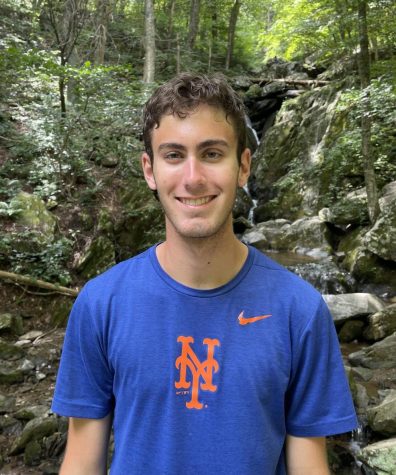
Ben is a senior in his third year of writing for the Cavalier Chronicle and his second as an editor. His love for writing led him to join the staff, and...


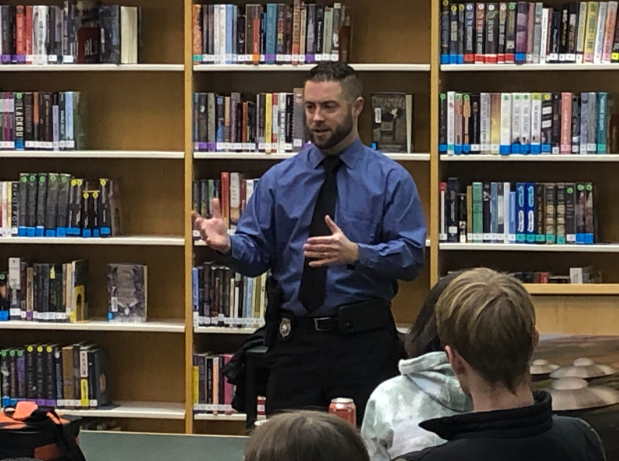
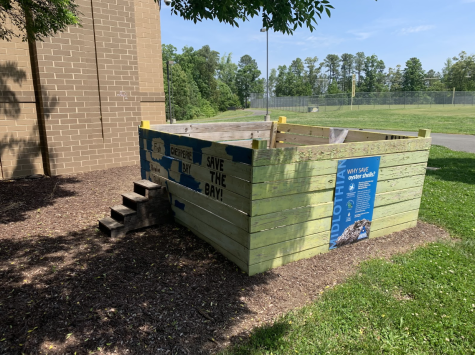
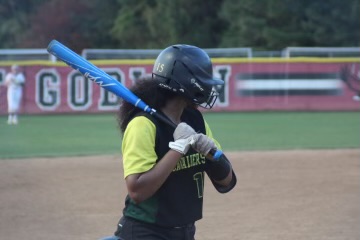
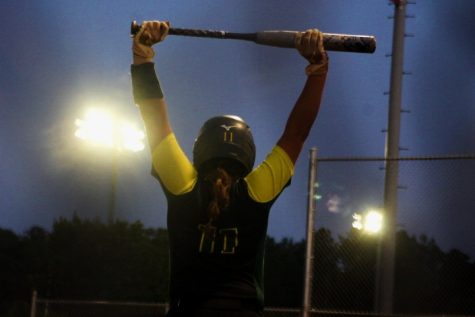
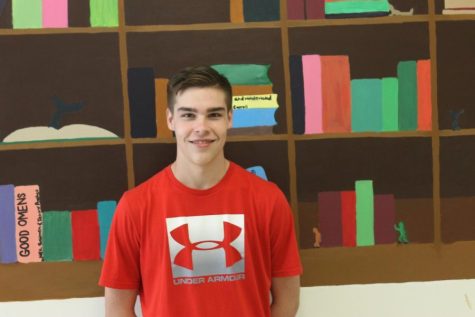
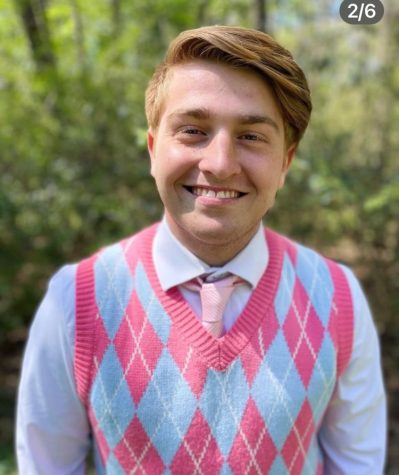
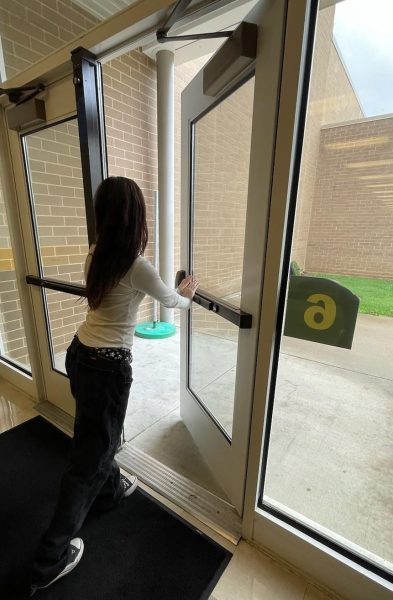

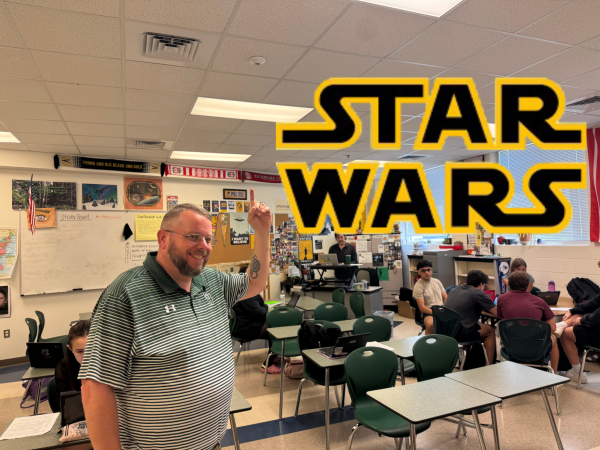
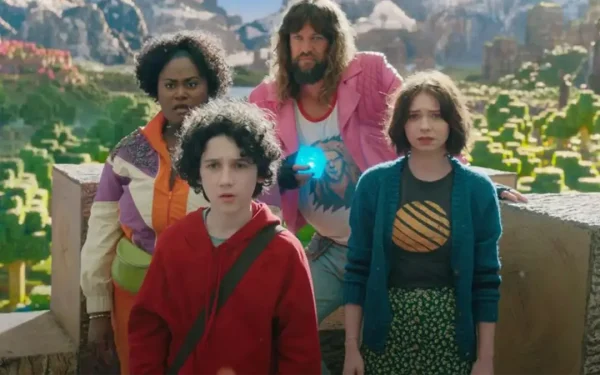

Cameron • Feb 8, 2023 at 8:50 am
I think that this was a really good article and touched base on a lot of things we should be talking about. I also agree with Mr.Rizzuti about how people may become desensitize to guns and what they can do. I also VERY much agree with people having mental issues and other people being more aware and taking it more seriously.
Robert Custalow • Feb 3, 2023 at 2:05 pm
This was a great article. I think Detective Rizzuti is inspirational for his decision to switch careers because of Columbine. I also agree with his opinions on mental health and how if it was taken seriously, it could help a lot more people.
Keaghan Gammell • Feb 3, 2023 at 2:04 pm
I appreciate this article sharing to the school the experience of Mr. Monroeś AP language class, and the talk with police official that not all students have had. The use of both Officer Rizzutiś words and other explanations are well thought out and planned. I think mental health in the school system is very important for all students and adults. The article itself and the last paragraph has great potential to be the the motivations for students to reach out about their mental health before things can escalate.
Aura Parasida • Feb 3, 2023 at 1:59 pm
I had almost no idea there was a talk with a police officer, as I am not taking part in Monroe’s class. It puts a smile to my face to know that mental health and gun violence IS being taken seriously when it comes to the people in power in my school. Knowing, really truly knowing, that there are adults fighting for the safety of me and my classmates means the world. Thank you, officer, and the students who put this article together. This needs to be spread more!